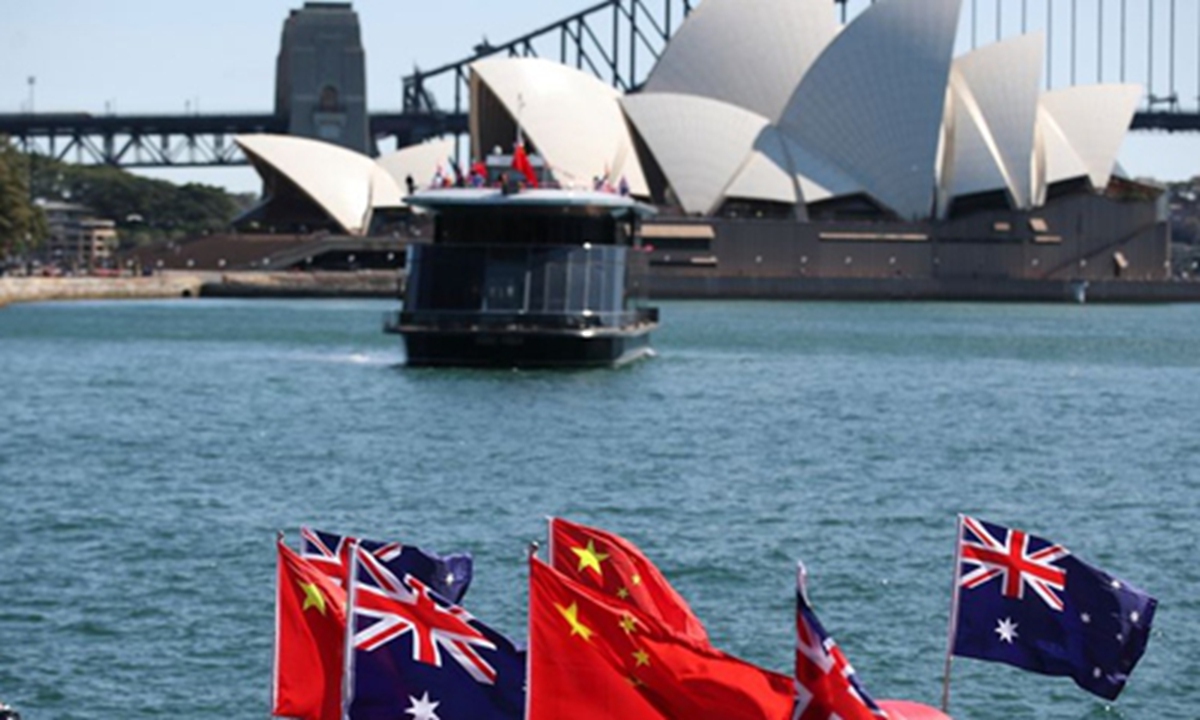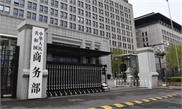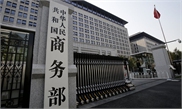
File photo
China's Ministry of Commerce announced on Tuesday that it had launched an anti-dumping investigation into imports of wine from Australia, a development many fear signals a downward spiral in the bilateral relationship.Since it is easy to draw a line between China's move and what Australian politicians have said and done recently, some may speculate the anti-dumping probe is a warning or retaliation. Yet it should be pointed out that at such a delicate moment - when continuous political provocations from the Australian side have led to uncertainty in bilateral relations - any measures taken to defend China's legitimate rights and interests can easily be misinterpreted as a counterattack.
Statistics show that Australia overtook France in 2019 to become China's largest supplier of imported wine, with Australian wine exports to China up 12 percent year-on-year to A$1.28 billion($925 million). If China decides to impose anti-dumping duties on Australian wine imports at the end of the year-long investigation, Australia's wine industry would certainly take a hit.
However, what's more worrying is that the market tends to over-interpret the potential tariff threat to a level far beyond its actual economic impact. Under the impression that China-Australia relations are in an endless downward spiral, businesses will understandably shun potential risks, reducing relevant investment and business activities accordingly. Such over-interpretation amidst escalating tensions between the two countries may generate worse consequences than the anti-dumping investigation itself.
Fundamentally speaking, the current politically hostile atmosphere comes down to the fact that some Australian politicians have deliberately sabotaged bilateral relations by continually creating new friction points with China. What's more, they do so without the necessary regard for their economy, which may suffer losses as a result of market panic. For instance, South Australian senator Rex Patrick recently called for a Chinese consulate to be shut down, and pushed the government to consider removing Chinese electronic equipment from the country's grid system. Last month, the Morrison government rejected China's claim to key parts of the South China Sea in a filing to the United Nations.
Nevertheless, it should be emphasized that China will conduct its anti-dumping investigation into the imported wine fairly and impartially. A few months ago, China suspended some Australian beef imports and imposed tariffs on Australian barley, but such decisions were made based on legitimate reasons and evidence in accordance with relevant regulations and rules. We believe this time will be no exception.
If the market over-interprets this normal remedial measure, it is the Australian side that should take responsibility. Their provocations have undermined the political foundation of economic and trade exchanges, causing greater shocks than the anti-dumping probe itself could.
Of course it is also common for two countries to see bilateral business activities encountering some problems. In the past, Australia also instigated various anti-dumping measures against Chinese goods. Similar economic friction will continue to emerge in the future, but there is no reason to politicize the very same remedial measures taken by China aimed at defending its legitimate interests.




